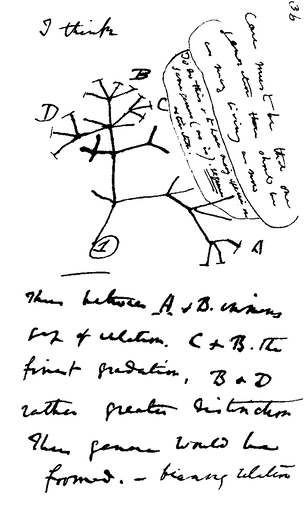|
Evolution of Cognition and Culture
|

Philosophy of Science
Other
- Brown, R.L, Lean C. H. and Weisberg, M. (in draft) Climate Adaptation as Evolvability
- Lynch, K.E., Brown, R.L., Strasser, J. & Yeo, S. (2023) “A disanalogy with RCTs and its implications for second generation causal knowledge” Behavioral and Brain Sciences, 46, E194.
- Brown, R. L., Brusse C, Heubner B & Pain R. (2020) “Unification at the Cost of Realism and Precision” Behavioral and Brain Sciences. 43, e95.
- Brown, R.L. (2017) “Not statistically significant, but still scientific” Animal Sentience, 16(14).
Other




